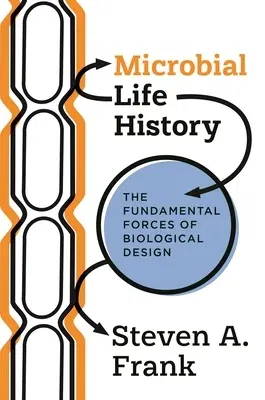A powerful framework for understanding how natural selection shapes
adaptation and biological design
Design and diversity are the two great challenges in the study of life.
Microbial Life History draws on the latest advances in microbiology to
describe the fundamental forces of biological design and apply these
evolutionary processes to a broad diversity of traits in microbial
metabolism and biochemistry.
Emphasizing how to formulate and test hypotheses of adaptation, Steven
Frank provides a new foundation for exploring the evolutionary forces of
design. He discusses the economic principles of marginal valuations,
trade-offs, and payoffs in risky and random environments; the social
aspects of conflict and cooperation; the demographic aspects of age and
spatial heterogeneity; and the engineering control theory principles by
which systems adjust to environments. Frank then applies these
evolutionary principles to the biochemistry of microbial metabolism,
providing the first comprehensive link between the forces that shape
biological design and cellular energetics.
Tracing how natural selection sculpts metabolism, Microbial Life
History provides new perspectives on the life histories of organisms,
from growth rate and survival to dispersal and defense against attack.
Along the way, this incisive book addresses the conceptual and
philosophical challenges confronting evolutionary biologists and other
practitioners who study biological design and seek to apply its lessons.

